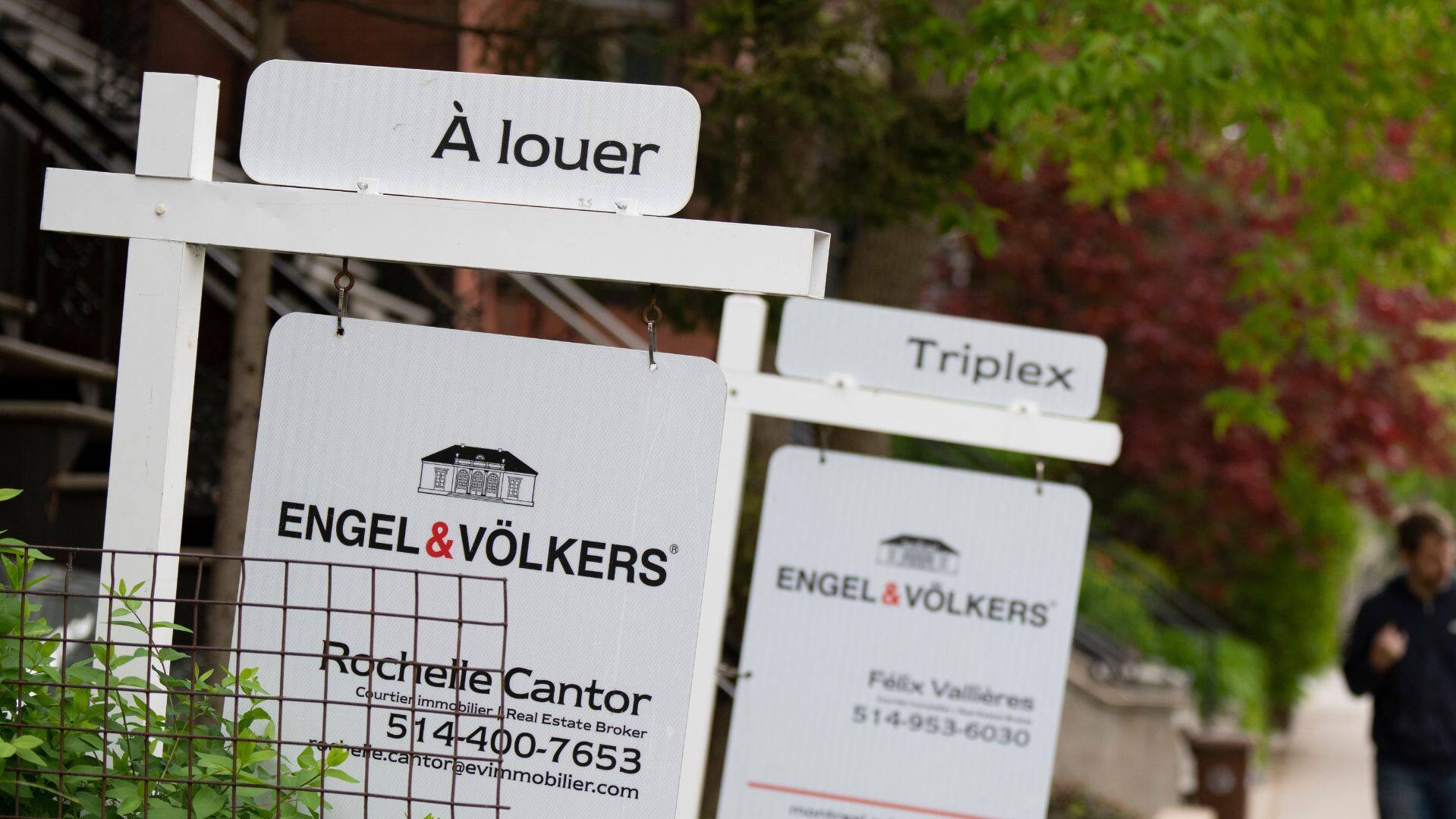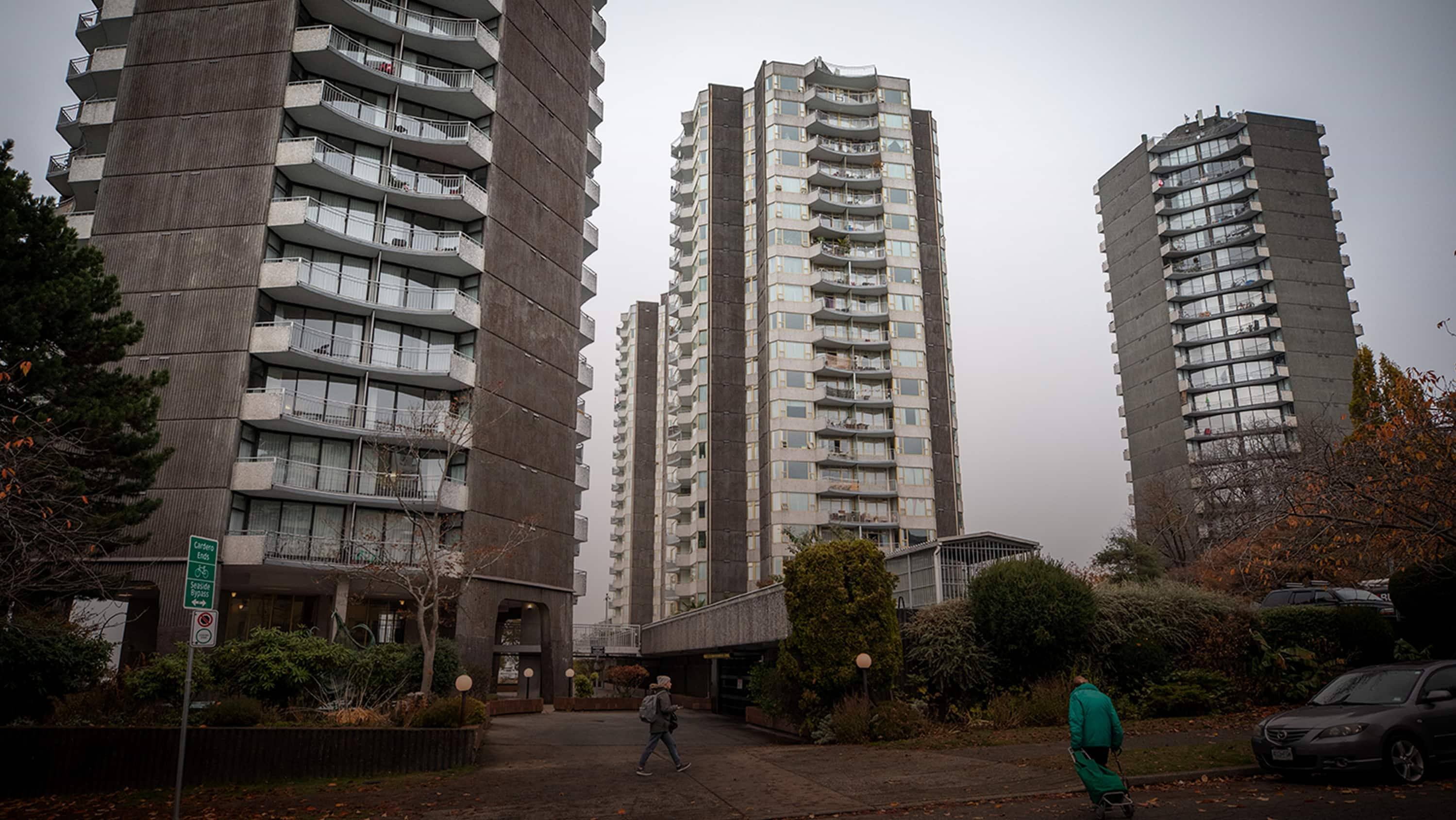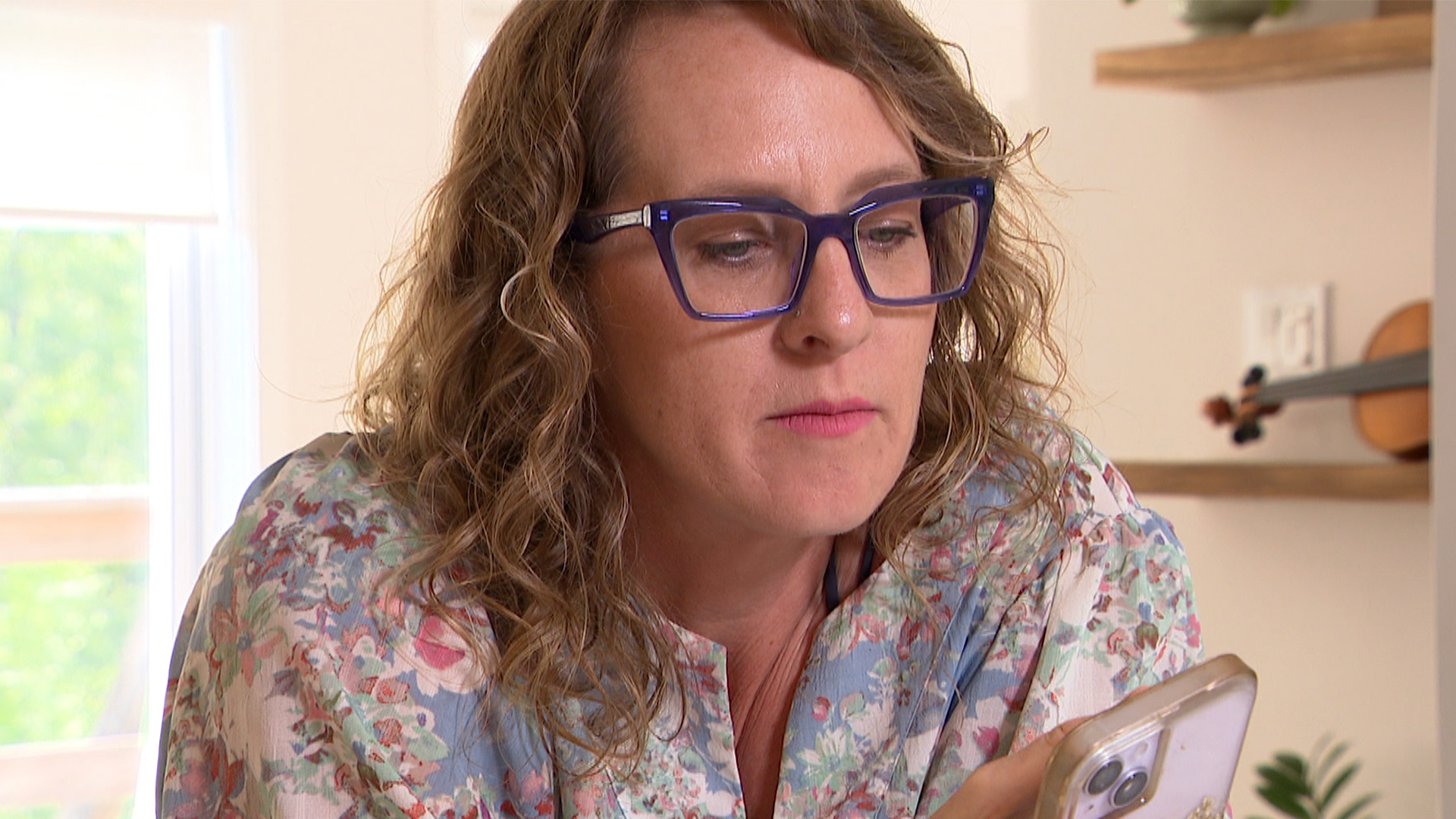As rents rise, tenants organize local protests. But what is needed for a nationwide housing movement?

Striking tenants refusing to pay large rent increases in several buildings in Toronto’s west side say they are inundated with support from across the country.
York South-Weston Tenant Union organizer Bruno Dobrusin said support for their rent strike was “overwhelming”. Not only are people paying attention, but he said they are interested in learning how to organize themselves.
“It’s a hopeful sign that people are rising up and fighting back,” Dobrusin said.
“We see that there is an increasing demand for broader movements. But provincial or national, the question now is how we can support each other?”
Proponents like Dobrusin say Canadians who are left out of the country’s tight housing market are more likely to organize as a way to seek solutions to the housing crisis.
While they say there is a hunger for change that could give way to a widespread movement aimed at creating more affordable and accessible housing, there are plenty of obstacles both organizers and residents face to prevent it from getting off the ground.
“People don’t see change year after year, no improvement,” said Ricardo Tranjan, a political economist with the Canadian Center for Policy Alternatives, a research group based in Ottawa.
Rents have been rising steadily nationwide since 2021 and reached a record high last month. Average asking rents nationally were $2,042 in June, surpassing the previous record set in November 2022, according to real estate research firm Urbanation.
“I think people are starting to become more open to the idea that the missing link is not ideas, the missing link is not technical solutions. The missing link is the political will to make change and… it will take some pressure require,” Tranjan said. .
The average price for a rental home in Canada is up 10 percent since last year, and even cities known for lower rents, such as Montreal, are feeling the pressure.
Is a broad housing movement justified?
While dissatisfaction may arise among Canadians with insecure housing, that doesn’t mean new homes aren’t being built.
Data from the Canada Mortgage and Housing Corporation (CMHC) shows that Canada has ramped up construction in recent years, including more than 240,000 new homes starting in 2022, just short of the record 244,000 homes starting in 2021. This is according to data from Statistics Canada that from 2019 to 2021, housing stock growth outpaced population growth in Toronto and Vancouver, two of the country’s most popular markets.
But CMHC has said at the current rate of construction, Canada is still short of supply. It projects that nearly 19 million homes will be added to the market by 2030 – but that’s 3.5 million units short of achieving “housing affordability for everyone living in Canada.”

Mary Rowe, president and CEO of the Canadian Urban Institute research group, said it’s not necessarily about how many units are built, but what kind and where.
“The development pattern has gone where the highest returns are,” Rowe said, noting a push toward single-family and detached homes as private developer housing boomed. That mainly started afterwards the federal government ended programs focused on social housing in the 1990s.
It created a real shortage of affordable, family and supportive housing, along with different types of tenancy and tenure arrangements such as cooperatives, rent-to-ownership and shared ownership, she said.
“We have to get smart here in Canada and figure out what are the interventions we need to sort of keep a balance and turn it into a healthy ecosystem that offers a wide range of choices.”
While embracing activism may not be everyone’s call, Rowe said it makes sense for some people to join social movements to “be involved in the quality of our communities.”
“There are people who are extremely frustrated and people who have been disadvantaged by … the way the housing market has been run for decades,” Rowe said.
“Now is a time for all of us to look at how to correct that.”
What stops people from participating?
While there may be a need for change, it’s not easy to take advantage of – both for residents and those who want to get organised.

Alejandra Ruiz Vargas, a national leader of the advocacy organization Association of Community Organizations for Reform Now (ACORN), said the group has focused on issues such as housing, fair banking and internet accessibility since its founding in 2004.
It opened new chapters in Calgary and Waterloo, Ont., over the past year due to demand, she said, bringing their membership to more than 140,000 nationally.
While they welcome the growth, Vargas said they are still operating in a system where many people are too burnt out or too busy to participate, actively feeling “defeat” when it comes to their ability to make a difference in Canadian politics.
“At the moment there are people who have to work three jobs [make] the ends come together. So what time should you really join?”
Vargas said, as bleak as things may seem, it’s important to continue to spread their message.
“We’re going to keep fighting, we’re going to give 100 percent, we’re going to do our best,” Vargas said, pointing to tenant information sessions, social media campaigns and door knocking as examples.
We examine the impact the current housing crisis is having on low-income Canadians, revealing who is being left out without a safe place to call home.
What does it take to build a movement?
Tranjan said having wider conversations about politicization, financialization and the lack of housing regulation could open the doors for more people to get involved.
“There are actually people who are trying to make things worse because they are hugely benefiting from the kind of money they can make on the backs of tenant families right now,” Tranjan said, pointing to weakening rent control and tenant protection as examples.
“We need to have that grown-up conversation — stop pretending that supply and demand explain everything.”
For Dobrusin, the fight continues locally by encouraging people to talk to their neighbors, fueling the idea of collective action.
That’s what he and other organizers hope to do on Saturday. Tenants, joined by supporters, unions and community organizations, march down Toronto’s Weston Road to local MPPs and MPs offices to call for fair rent and landlord accountability.
“Whether you’re on a rent strike or not, it’s important to join forces,” he said.
“Hopefully then we can build something bigger.”


;Resize=620)


;Resize=620)